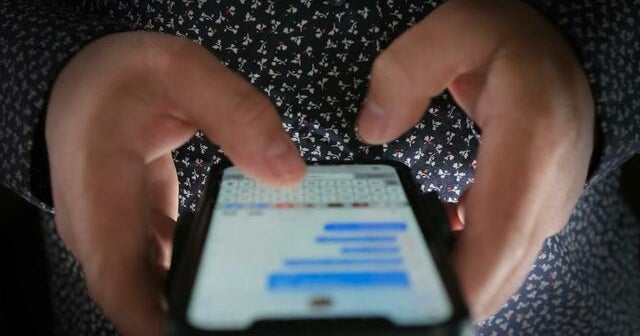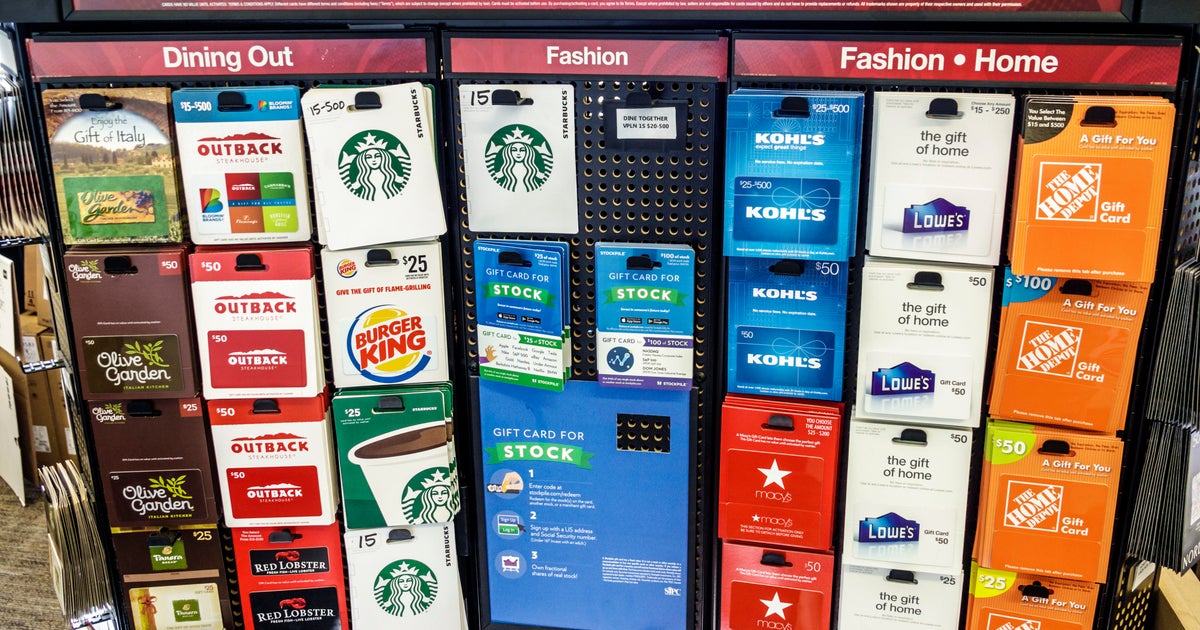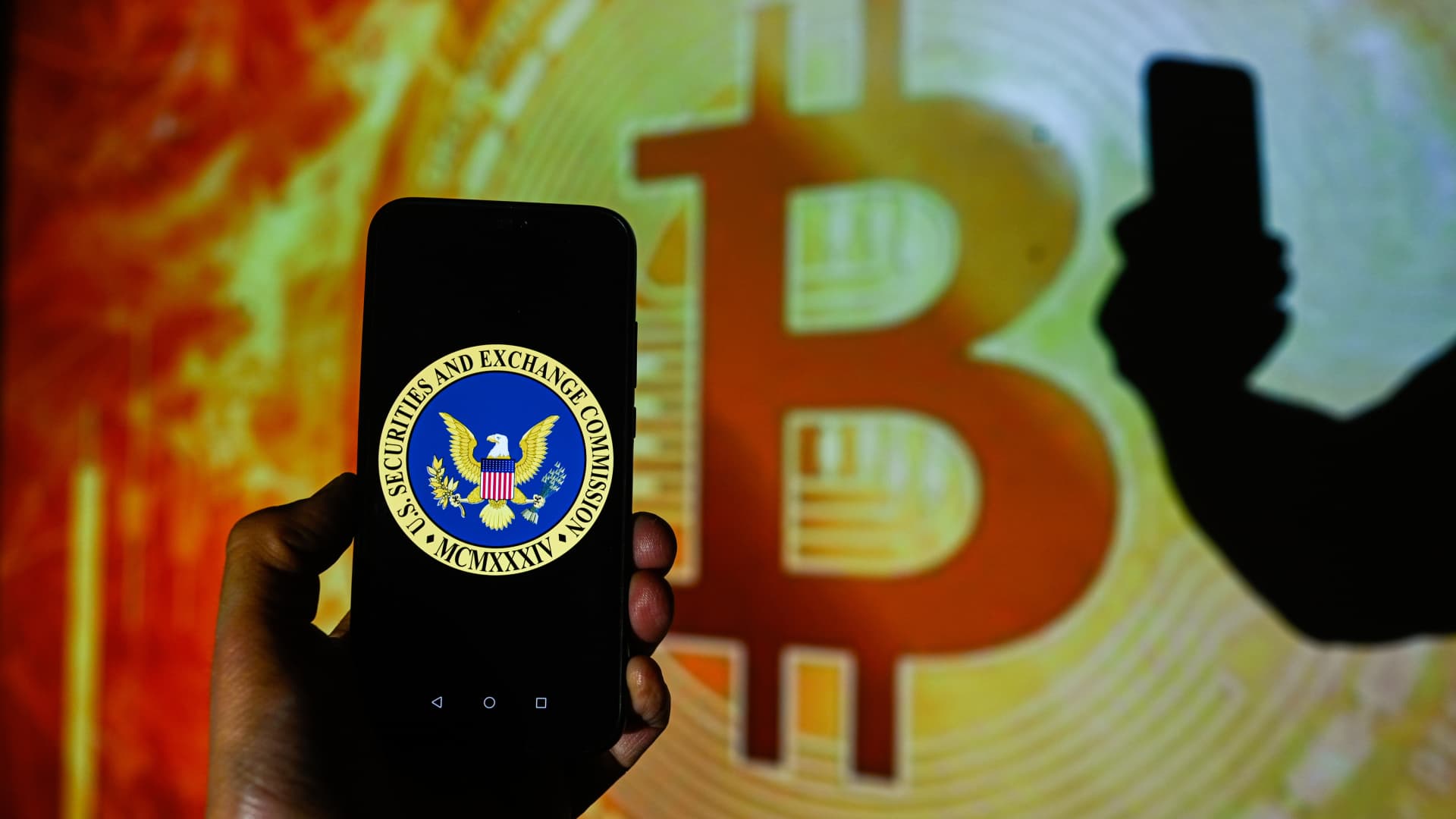New app seeks to end iPhone-Android text color bubble divide
The ongoing divide between iPhone‘s blue text bubbles and Android‘s green ones has long been a source of frustration and humor among users.
In Silicon Valley, entrepreneur Eric Migicovsky co-founded “Beeper Mini” in a converted garage, aiming to bridge the technological and social gaps between iPhone and Android users. The app allows Android users to join iMessage group chats in blue, appearing the same as iPhone users.
“What we’re trying to do is give people the freedom of choice. You should be able to download any software you want and be able to talk to any of your friends or family that you’d like,” said Migicovsky.
It also promises encrypted messaging, a difference compared to the typical unencrypted texts exchanged between Androids and iPhones.
“An unencrypted message is basically like a postcard. It means that anyone can read it. With Beeper Mini, though, all of your messages are encrypted. That means that Beeper can’t read your messages, Apple can’t read your messages, no one can,” he said.
The creation of Beeper Mini wasn’t without its challenges. Deciphering Apple’s secretive code took years, finally cracked with the help of 16-year-old high schooler James Gill. The app’s launch saw over 100,000 Android users signing up within two days, eager to turn their green bubbles blue.
Apple disabled the app 72 hours post-launch, citing significant risks to user security and privacy. The tech giant took measures to block techniques that exploit fake credentials for iMessage access.
“So no one on earth had done what we’ve done and we’re not exactly sure why Apple hasn’t built an iMessage app for Android, because I think what we’ve shown is that it’s totally possible and you can do this but it’s definitely something that needed to exist.,” said Migicovsky.
Despite Apple’s intervention, Beeper Mini has been operational, albeit with intermittent issues attributed to Apple’s actions.
Apple responded in a statement, telling CBS News: “These techniques posed a significant risk to user security and privacy. We took steps to protect our users by blocking techniques that exploit fake credentials in order to gain access to iMessage.”
The situation escalated when a bipartisan group of lawmakers asked the Justice Department to investigate the matter. Senators Amy Klobuchar and Mike Lee, and Representatives Jerrold Nadler and Ken Buck are involved, but both Apple and the DOJ have yet to comment on the letter.






